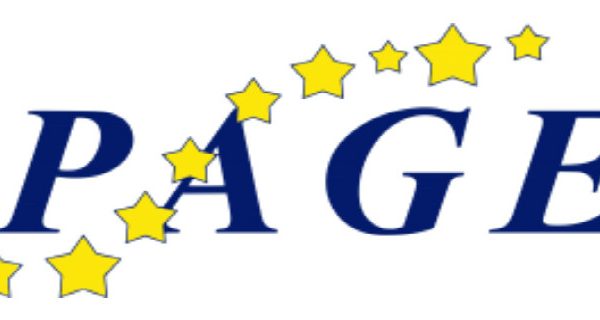PRESS RELEASE: PRODUCTLIFE GROUP ACQUIRES INTIQUAN, STRENGTHENING GLOBAL DRUG DEVELOPMENT CAPABILITIES
ProductLife Group (PLG), a global leader in regulatory, scientific, compliance, and digital transformation consulting services for the life sciences industry, is pleased to announce the acquisition of IntiQuan AG, a premier Swiss boutique specializing in pharmacometric services for the biopharmaceutical sector.







